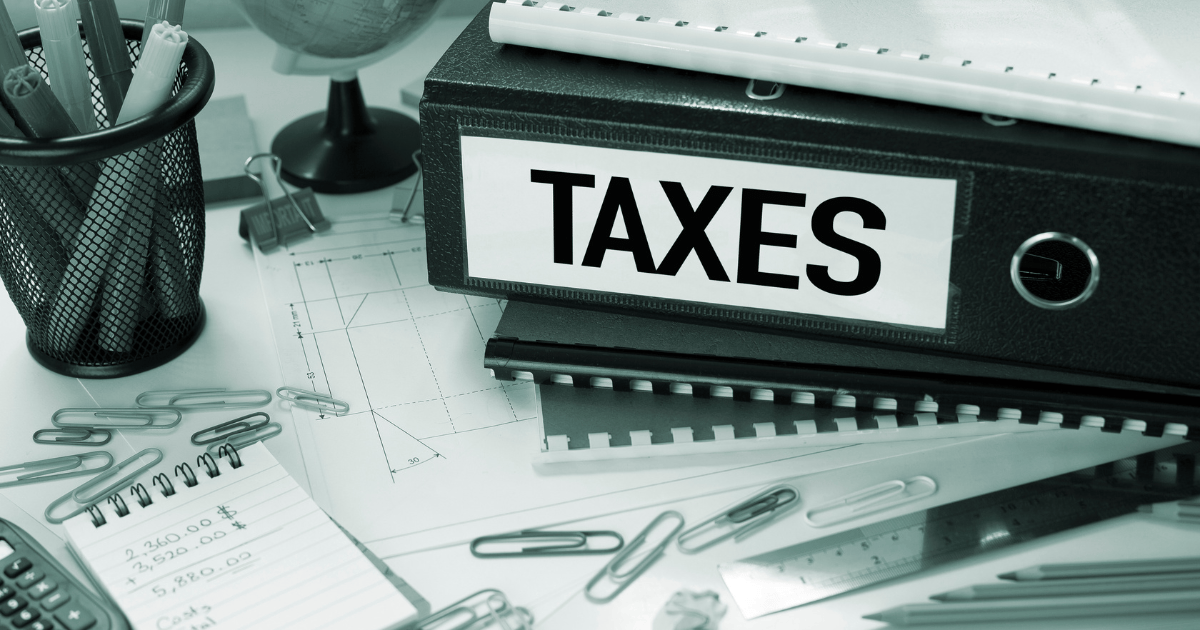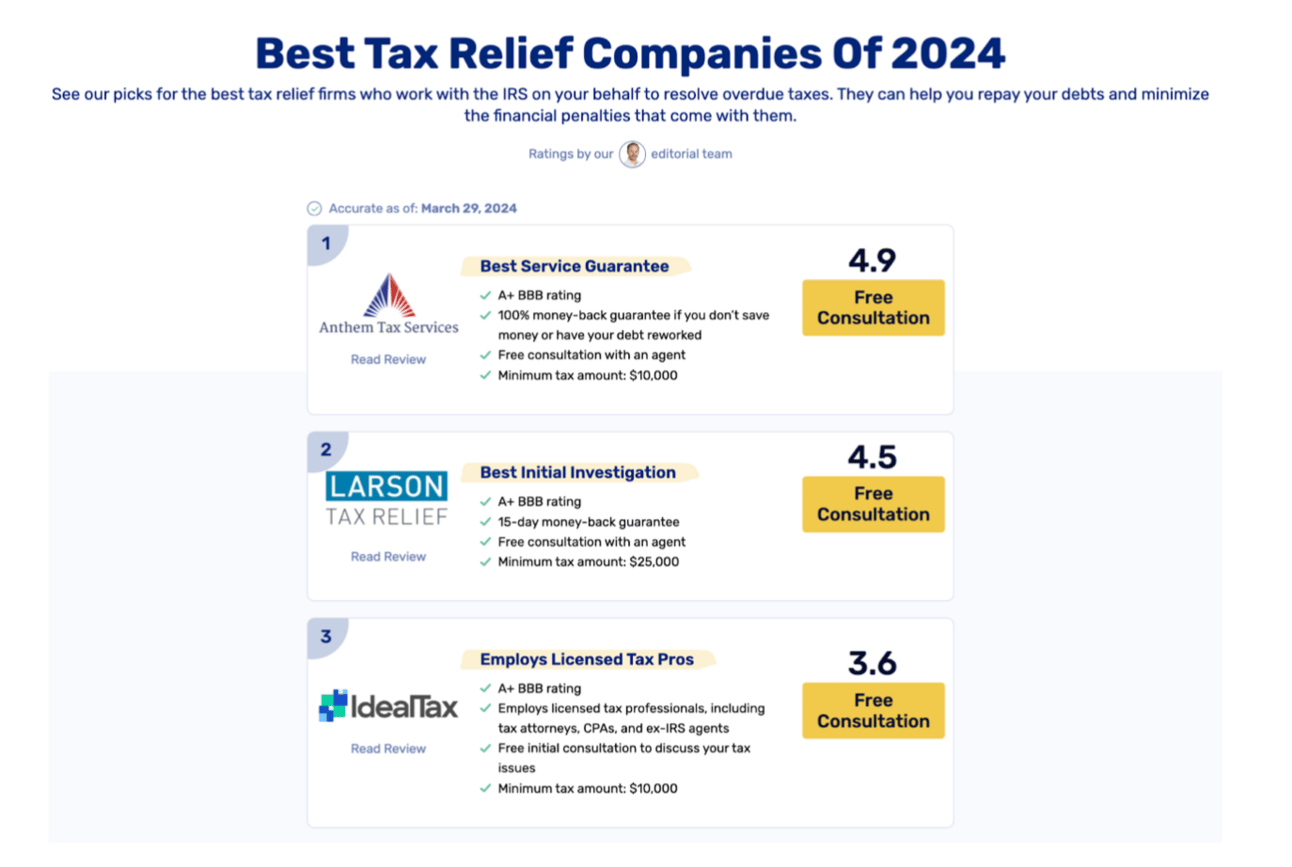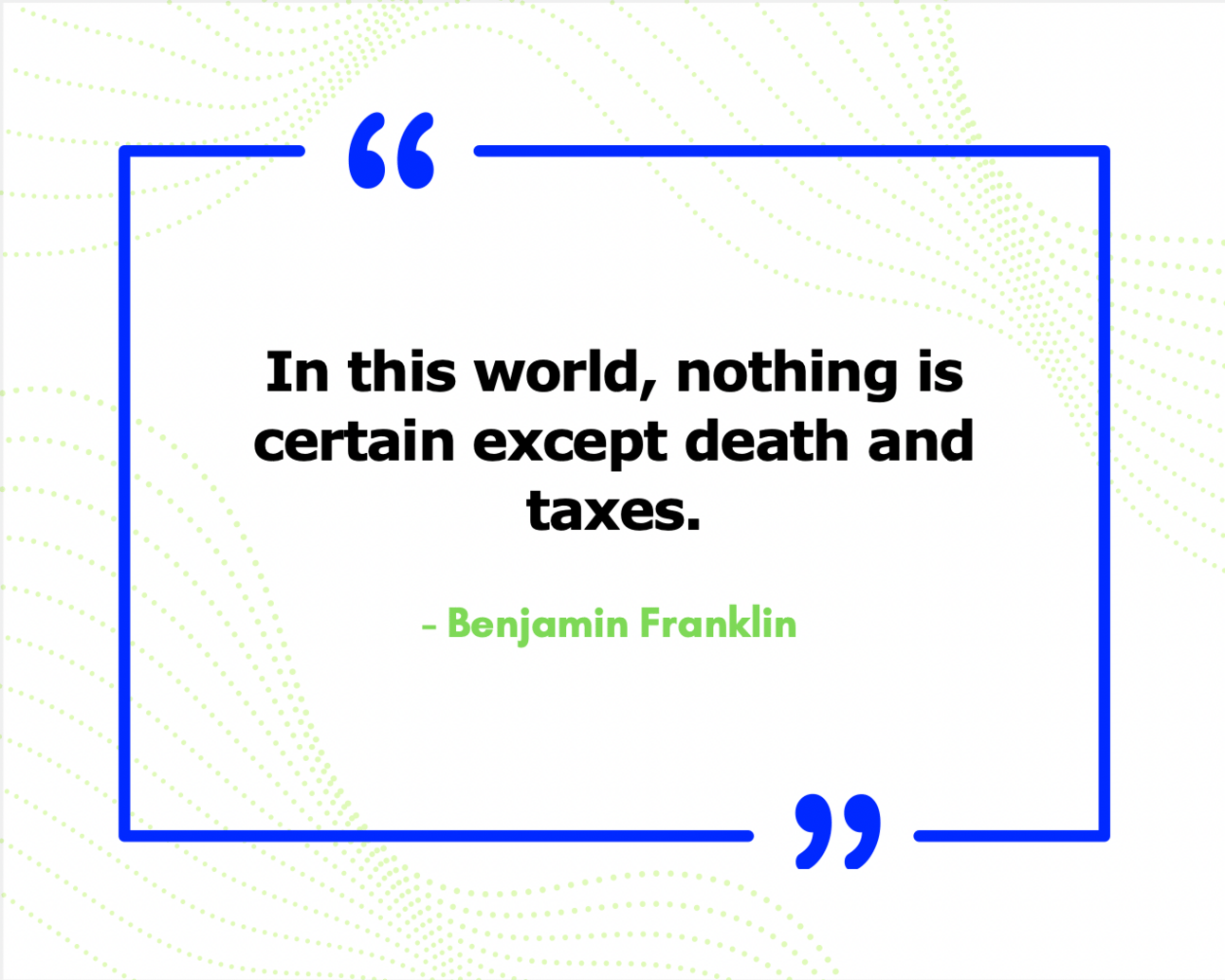Est. Reading Time: 8 min
Table of Contents

7 Pro Tax Filing Tips You Must Have
1. Don’t Miss the Deadline: April 15, 2024
You may think this is silly but this happened to me. We were living in LA temporarily so I was in a new space and not paying attention to the tax date, thinking I have plenty of time. Then I got Covid and I hallucinated for a couple of days and missed the filing date…by two days. Cost me $200,000 which I ultimately got back after hiring a tax advocate and the emergency room receipts.
Why It Matters: Missing the tax filing deadline without filing for an extension can result in costly penalties and interest on any unpaid taxes. It's crucial to mark this date on your calendar and prepare your documents well in advance to avoid a last-minute rush.
Action Steps: Begin gathering your tax documents early. If you foresee difficulties in meeting the deadline, file Form 4868 with the IRS to request an automatic six-month extension, giving you until October 15, 2024, to file your tax return.
2. Report and Write Off Side Hustles
Understanding the Rules: If your side hustle has netted you $400 or more, it's time to report that income to the IRS. The good news? You can deduct expenses directly related to your side hustle, reducing your taxable income.
Maximizing Deductions: Keep meticulous records of all expenses, including mileage, home office use, equipment purchases, and any other costs incurred directly from your side hustle. Use Schedule C (Form 1040) to report income and expenses.
3. Max Out Retirement Accounts
Long-Term Benefits: Contributing to retirement accounts like a 401(k) or an IRA can significantly reduce your taxable income. For 2023, the contribution limit for a 401(k) is $20,500, with an additional $6,500 catch-up contribution if you're 50 or older. IRA contribution limits are $6,000, plus a $1,000 catch-up contribution for those 50 and older.
Immediate Impact: By maximizing these contributions, you not only build your retirement nest egg but also lower your current year's taxable income, potentially saving thousands in taxes.
4. Student Loan Interest Deduction
Qualifying for the Deduction: If you've paid interest on student loans, you may be eligible to deduct up to $2,500 of that interest. This deduction is available whether you itemize deductions or take the standard deduction.
Income Limits: Be aware of the income limitations. For single filers, the phase-out begins at a modified adjusted gross income (MAGI) of $70,000 and is completely phased out at $85,000. For married filing jointly, the phase-out starts at $145,000 and ends at $175,000.
5. Deduct Job Search Expenses
Eligible Expenses: While the Tax Cuts and Jobs Act of 2017 suspended the deduction for job search expenses for most taxpayers, there are still ways to benefit if you're in certain job categories. For instance, members of the National Guard or military reserves may deduct travel expenses to drills or meetings.
Staying Informed: Keep abreast of any changes or exceptions in the tax code that may allow for these deductions in the future, and always keep records of your job search expenses.
6. Utilize Free Tax Software
Eligibility: The IRS Free File program is a partnership with tax software providers to offer free tax preparation services to taxpayers with an adjusted gross income of $79,000 or less. This can save you money and simplify the filing process.
The IRS also launched a pilot Direct File Tool, allowing individuals in 12 states, including California, to file their federal taxes online for free directly with the IRS. This initiative simplifies the process, enabling secure, home-based filing without the cost of using online tax services. For additional information on the IRS Direct File Tool and how to use it for free, click here 👉 https://directfile.irs.gov/. This tool represents a major advancement toward making tax filing more accessible and affordable, especially for working- and middle-class families.
7. Double-Check Calculations
You’d be surprised how many dangerous, though tiny, errors you will find with a once-over by you or your significant other. Simple errors in your tax return can delay your refund or even trigger an IRS audit. If you're using tax software, take advantage of its error-checking features. However, manually review your return as well, especially your personal information and numerical entries.
And Now Your Essential Guide to Cryptocurrency Taxes

Cryptocurrency Tax Basics:
Tax Status: The IRS classifies cryptocurrency as property, not currency, making transactions subject to capital gains tax.
Taxable Events: Buying, selling, or exchanging cryptocurrencies are taxable events. Profits are treated as capital gains, while losses can offset gains.
Income Tax: Earning crypto from mining, staking, or as payment constitutes ordinary income, taxed at your marginal rate.
Reporting: Use Form 8949 and Schedule D to report crypto transactions on your tax return. Maintain thorough records for accurate reporting.
How Crypto is Taxed:
Capital Gains and Losses: If you hold crypto for more than a year before selling or exchanging, any profit is a long-term capital gain, taxed at lower rates. Short-term gains, from assets held for less than a year, are taxed as ordinary income.
Transaction Records: Keeping detailed records of your crypto transactions, including dates, amounts, and the fair market value, is crucial for accurate tax reporting and calculating gains or losses.
Special Considerations:
Mining and Staking: Income received from mining or staking crypto is taxable as ordinary income at the fair market value on the day it was received.
Payment for Goods and Services: If you accept crypto as payment, it's taxable income based on the fair market value at the time of receipt.
Gifts and Charitable Contributions: Donating cryptocurrency can provide tax benefits without triggering capital gains taxes.
IRS Enforcement and Reporting:
Despite the decentralized nature of cryptocurrency, the IRS is enhancing its efforts to monitor and enforce tax compliance. Starting in the 2023 tax year, exchanges are required to issue 1099-B forms, detailing transaction activity for taxpayers and the IRS. This makes it more important than ever to report your crypto transactions accurately.
Here’s what you do if the IRS is on your tail - Tax Debt Settlement Strategies
IRS Fresh Start Program: this program allows for payment plans up to 72 months based on your financial situation, helping avoid extra penalties and interest. To be eligible for the Fresh Start Program, you must meet one of the following criteria:
You're self-employed and had a drop in income of at least 25%
You're single and have an income of less than $100,000.
You're married and have an income of less than $200,000.
Your tax debt balance is less than $50,000.
Installment Agreement: Offers a way to pay off your debt in monthly installments, tailored to what you can afford, reducing the burden of immediate large payments. Here is the IRS link - Online Payment Agreement Application
Offer-in-Compromise: If you meet certain criteria, this could significantly reduce your tax debt, especially if the IRS believes it cannot collect the full amount through standard methods. Here is the IRS link - Offer in Compromise
Currently Not Collectible Status: For those unable to pay without affecting basic living standards, this status defers your tax debt, pausing collections until your financial situation improves.

Best Overall - Anthem Tax Services




Curated For You

STUFF TO DO WITH NOYACK

Read past editions here
Noyack Wealth Weekly is the leading wealth management newsletter published by CJ Follini & Noyack Wealth Club, a nonprofit dedicated to free financial literacy for younger generations. Feel free to tell us what you think of our little newsletter.


